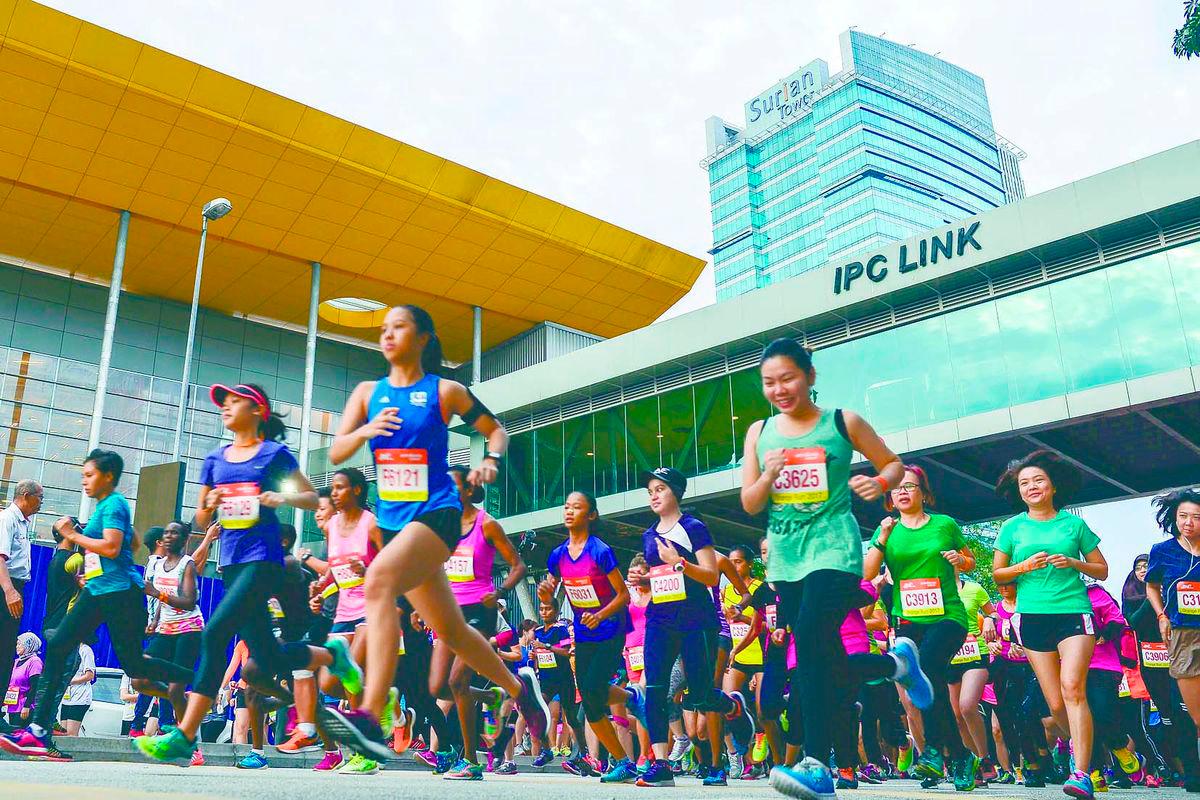I HAVE participated in many half marathons (21km) since entering my 60s. Now, in my early 70s, I still run the half marathon at least once every month.
Before I returned to running, my last long-distance event was over 34 years ago, before I took a long break.
Every time I join the thousands of participants in a race, it is heartening to see people of all ages, including families, coming together to exercise. Whether it is a fun run or a long-distance event, everyone reaps the benefits of staying physically active.
There are many well-organised runs these days, and the number of participants appears to be increasing year after year.
You just have to pick the runs that best suit your physical ability and ensure you can complete the run within the cut-off time.
This growing interest reflects a desire for a healthier lifestyle, as people from all walks of life come together, regardless of social status, religious belief or racial background. At these events, you witness unity, harmony and a strong sense of community across all ages.
Among the many sports and exercises available, running remains one of the most affordable and effective forms of physical activity. All you need is a good pair of running shoes and you are ready to hit the road – improving your health, boosting self-esteem and confidence, and staying mentally sharp and positive.
Crossing the finish line within the cut-off time always brings a deep sense of satisfaction, accomplishment and personal achievement. However, that feeling does not come without effort – it requires consistent training, discipline and a commitment to staying fit and ready for each run.
Research supports the benefits of this dedication. A study published in the International Journal of Environmental Research and Public Health found that running just 75 minutes a week can add up to 12 years to a person’s life.
Another study shows that running three times a week for an average of 17 minutes per session can reduce the risk of a fatal heart attack or stroke by as much as 55%.
Psychologically, the benefits are just as compelling. According to research published in the Psychonomic Bulletin and Review, there is overwhelming evidence that exercise enhances cognitive function and improves blood flow to the brain. Additional findings suggest that running may also boost an individual’s decision-making abilities.
For those who want a meaningful retirement, enjoy better health and spend quality time with their grandchildren, it is important not to settle into a comfort zone. Instead, they should make the most of their time by staying physically and mentally active – helping to prevent non-communicable diseases and cognitive decline later in life.
Unfortunately, many retirees view physical activity as burdensome or unimportant and remain unmotivated. This lack of motivation is often the greatest barrier to improving their health.
As a result, they miss out on the joy that comes from an active lifestyle and the sense of well-being it brings. Before long, frequent visits to the doctor may become a routine part of life.
Reports indicate that even adolescents are making unhealthy lifestyle choices, with many experiencing mental health disorders and non-communicable diseases – both of which have become increasingly common.
Some have taken up smoking, vaping, alcohol and drug use – dangerous risk factors that can lead to depression, addiction and severe withdrawal symptoms. Recovery from these issues is often long, challenging and costly.
My message to both the young and the old is this: join the thousands across the country who participate in organised runs to improve physical and mental well-being.
As singer Alanis Morissette once said: “There’s a great empowerment that I get from running, not only from the endorphins... Being a runner, to me, has made being depressed impossible. If ever I’m going through something emotional and just go outside for a run, you can rest assured that I’ll come back with clarity and empowerment.”
Dr Tan Eng Bee
Kajang









